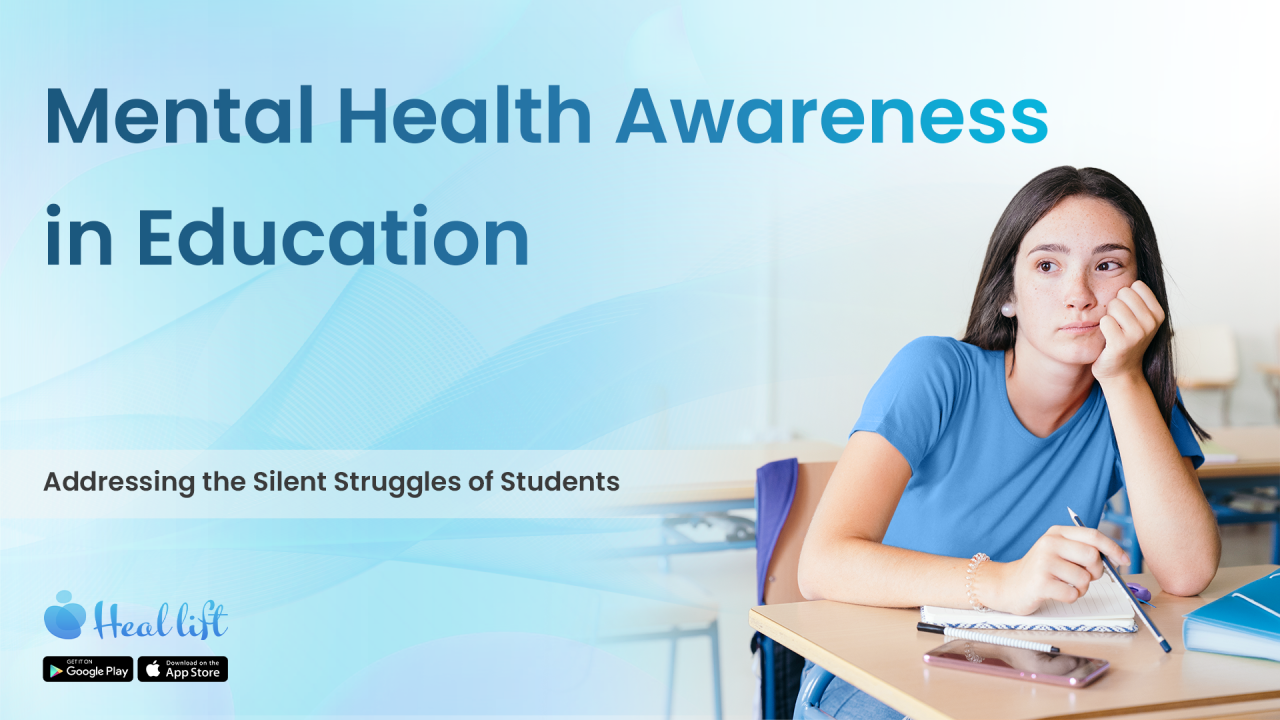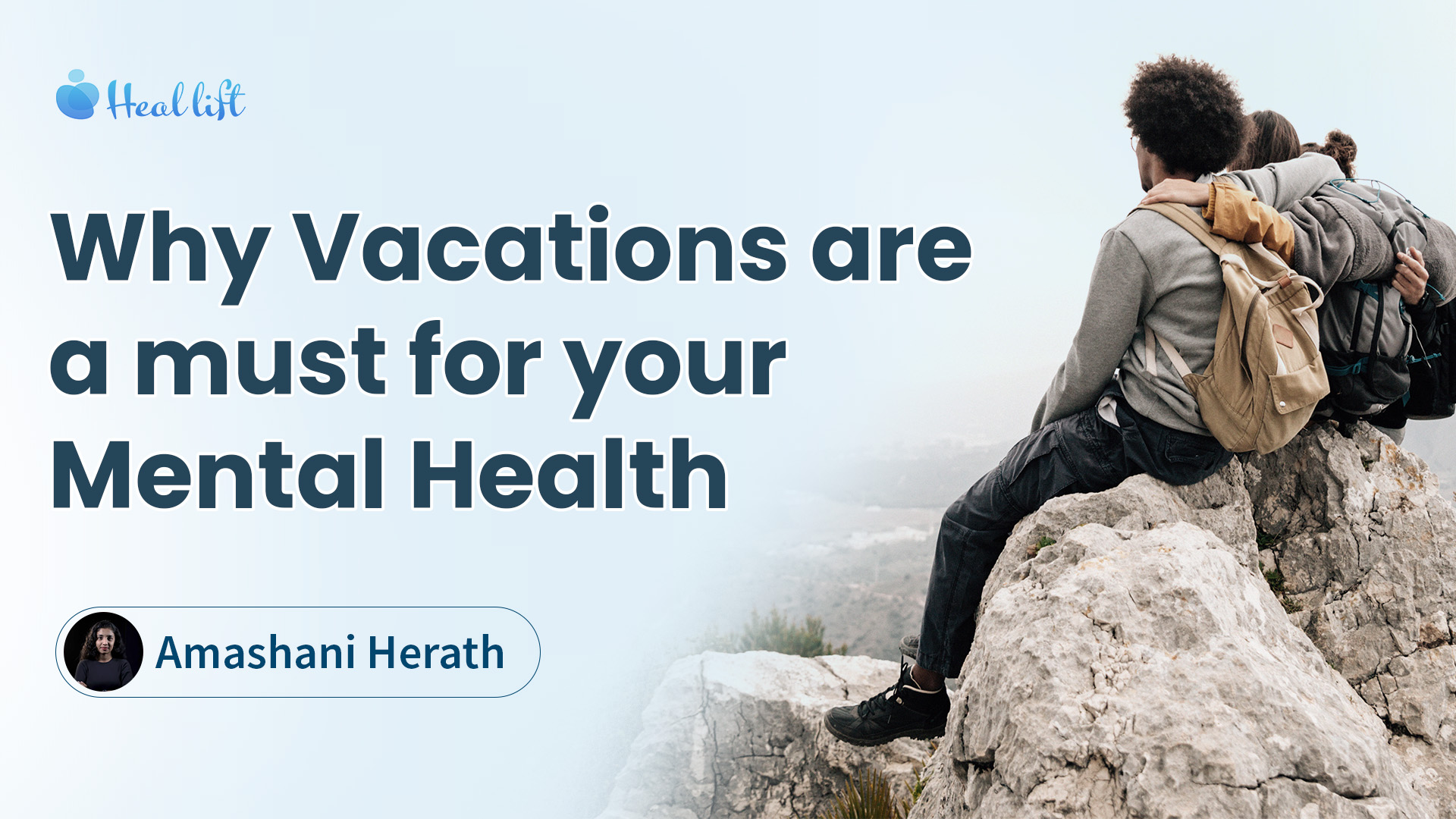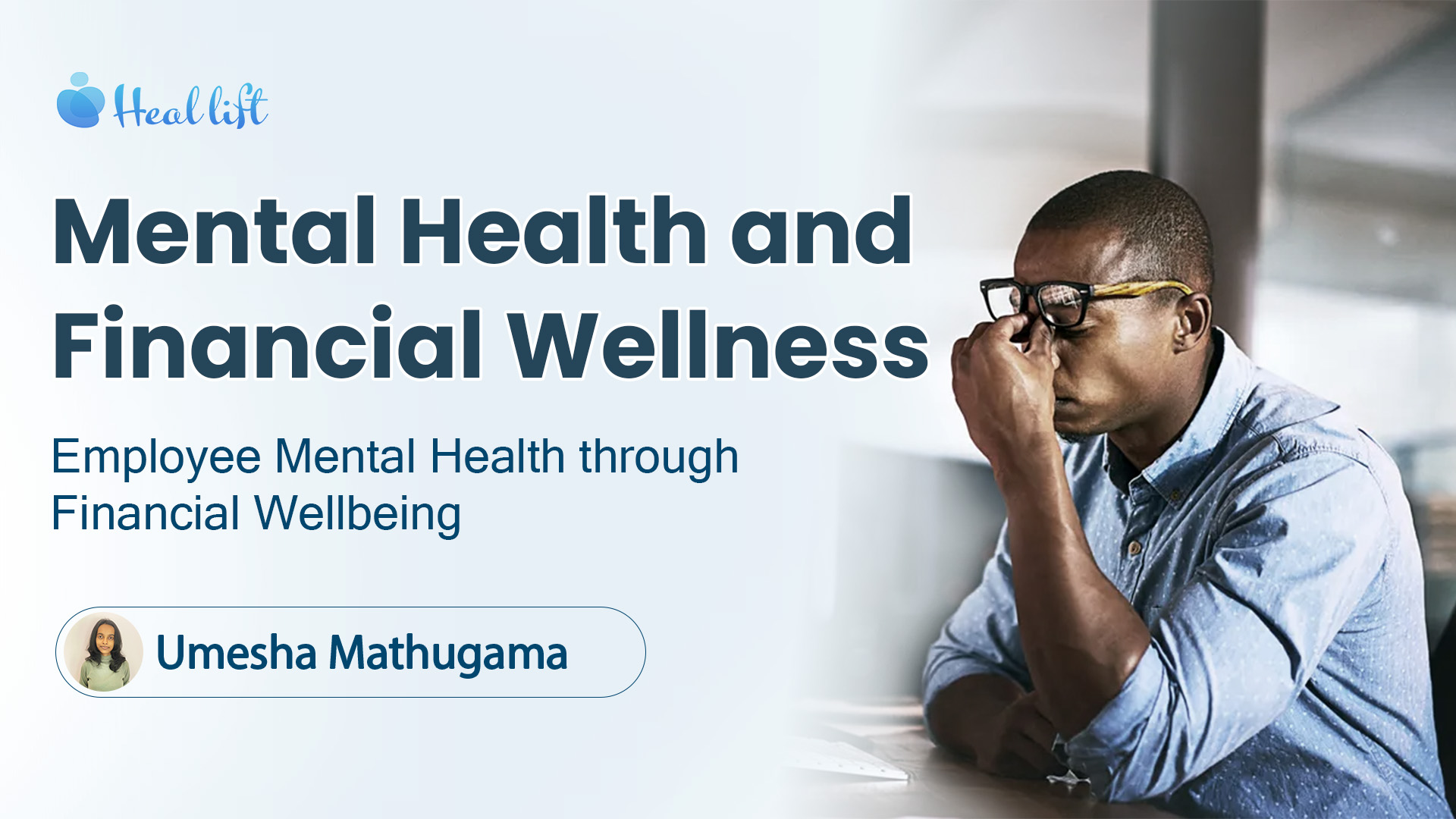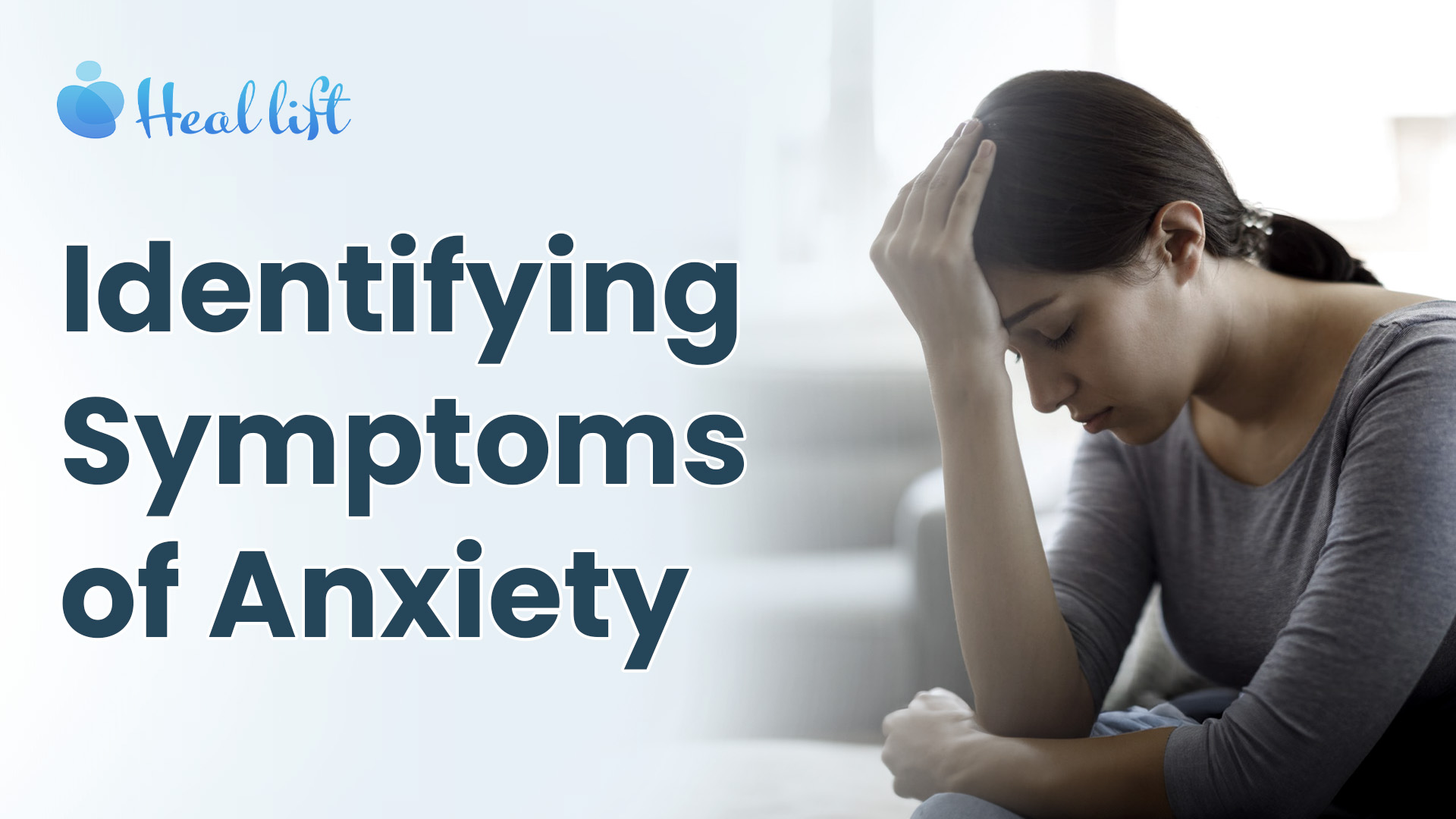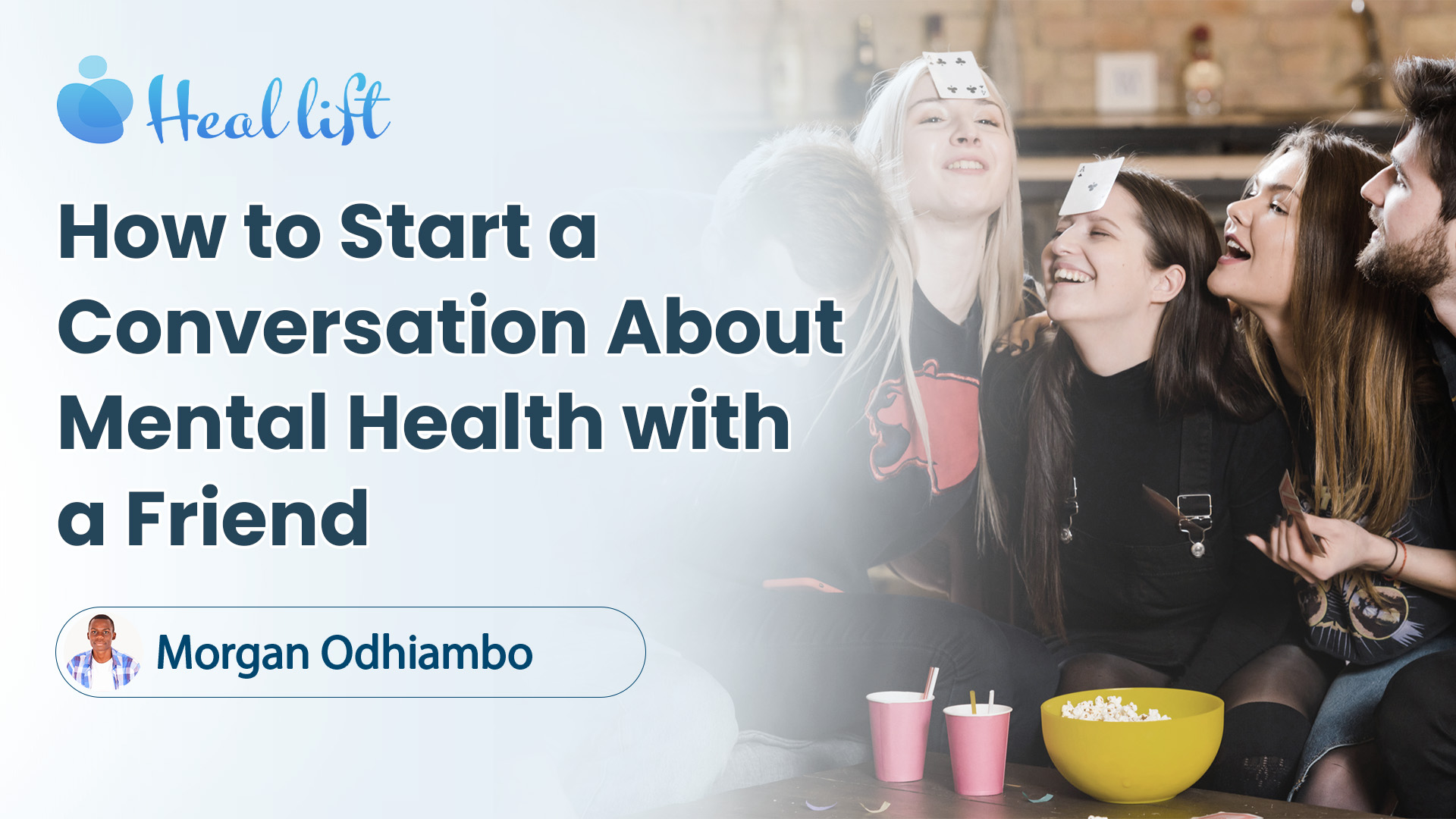Morgan Odhiambo
-
30 Sep 2024
How to Start a Conversation about Mental Health with a Friend
Talking about mental health can often be challenging due to the fear of judgement or misunderstanding. It requires an empathetic listener to create a safe space for open conversation.
What is Mental Health?
Mental health challenges are often disguised as stress, but they may be more complex than you may think. Our bodies produce stress hormones like cortisol in response to situations that demand immediate attention, such as jumping out of the way of a snake or waiting for a test result. However, when the body constantly produces these hormones or less of them for a long time, it becomes a disorder and affects how the body works.
Mental health refers to emotional, psychological, and social well-being. Mental health disorders may affect how people act, think, learn, or socialise. Some common mental health problems include;
- Mood disorders such as depression or bipolar
- Anxiety Disorders: Such as panic attacks or phobias.
- Personality Disorders: Including borderline or narcissistic personality disorder.
- Psychotic Disorders: Such as schizophrenia or delusions.
Who Has Faced Mental Health Challenges?
It may surprise you to know how many popular figures have battled mental health challenges. Albert Einstein, for example, is thought to have been on the autism spectrum. David Beckham also openly admits having an obsessive-compulsive disorder, where he has to do things repetitively in a certain order in order to get satisfied. This shows that mental health problems can affect anyone regardless of success and can be successfully managed.
Why Early Detection is Key
Recognizing the signs of mental health is crucial for treatment and recovery. Sadly, many people wait until things become unbearable to seek help. Whether this may be due to stigma or failing to recognise the symptoms, delayed action might worsen the outcome.
Why Conversations Matter
People having mental health challenges often feel isolated or helpless. Talking to them might make them feel that someone understands them and they are not alone. Here are some signs that could indicate someone is struggling with their mental health:
- Changes in behaviour; noticeable shifts in how a person acts.
- Disrupted Sleep Patterns: sleeping excessively, especially during the day.
- Lack of enjoyment; loss of interest in previously enjoyed activities.
- Social Withdrawal: wants to be alone, avoids friends and family.
- Constant Guilt and Regret: Persistent feelings of guilt and regret for no obvious reasons.
- Appetite Changes: Loss of appetite.
- Communication Changes: Talking more or less than usual.
- Irritability: being easily annoyed by small things
- Flight of Ideas: struggling with racing thoughts.
- Delusions and Hallucinations: Experiencing false beliefs or perceptions.
- Fear of Socialising: Fear of being around people.
- Feeling Burdensome: Feeling like a burden to others.
- Paranoid delusions: Thinking others want to harm them or are talking about them.
- Substance Use: Increased or recent use of substances.
- Hopelessness and Helplessness: Persistent feelings of hopelessness and helplessness.
Statements Indicating Mental Health Issues
"I feel like a burden."
"No one understands me."
"I can't do this anymore."
"Everyone would be better off without me."
Family members and friends can notice these signs before the individual does. If you notice these changes in someone close to you, offering early support can prevent things from getting worse.
Mental Health versus Physical Health
Mental health problems can affect the body just as they do the mind. Stress and anxiety can present with physical symptoms such as headache, dizziness, or abdominal discomfort.
Children and Mental Health
Kids can also suffer mental health challenges, but this is often overlooked. Whether it's due to anxiety, being bullied at school, or physical abuse at home, children may exhibit signs of withdrawal, loss of appetite, difficulty concentrating, not maintaining eye contact, or even becoming overly emotional and fretful.
Parents and teachers should look out for any change in behaviour of children and seek help when possible.
Why Do People Fear Opening Up about Mental Health?
Stigma.
During the 19th century, the British had asylums where people with mental health disorders were institutionalised and often mistreated. Worse still, those who were confirmed to have schizophrenia during the Nazi regime were sterilised or murdered for what they could not control.
Today, society has made great strides in overcoming the stigma associated with mental health problems. However, many people experiencing these challenges still think they are not understood or are a burden.
How to Offer Support
If someone opens up to you about their mental health, it's essential to respond with care. Too often, people fight silent battles.
Be there for them by:
- Listening Empathetically: Show them you care without being judgmental.
- Exploring the Causes: Ask thoughtful, open-ended questions like How have you been feeling lately? to encourage them to share.
- Sharing Your Own Experiences: When appropriate, let them know they're not alone by relating to your own struggles.
- Avoiding Criticism: Don't make them feel worse by asking things like, "Why are you acting so strange?"
- Being Patient: Some people need time to open up fully.
- Validating Their Feelings: Acknowledge their emotions, letting them know what they feel is valid.
- Practising Self-Care: you can't pour from an empty cup. Take care of your own mental health so that you can have energy to care for others.
- Encouraging professional support: recommend seeing a professional psychologist or psychiatrist if you feel you cannot handle the situation.
Conclusion
Mental health conversations are crucial, yet they might be difficult to start. Creating a safe space will make those battling mental health disorders feel understood. Let's break the silence about mental health.


